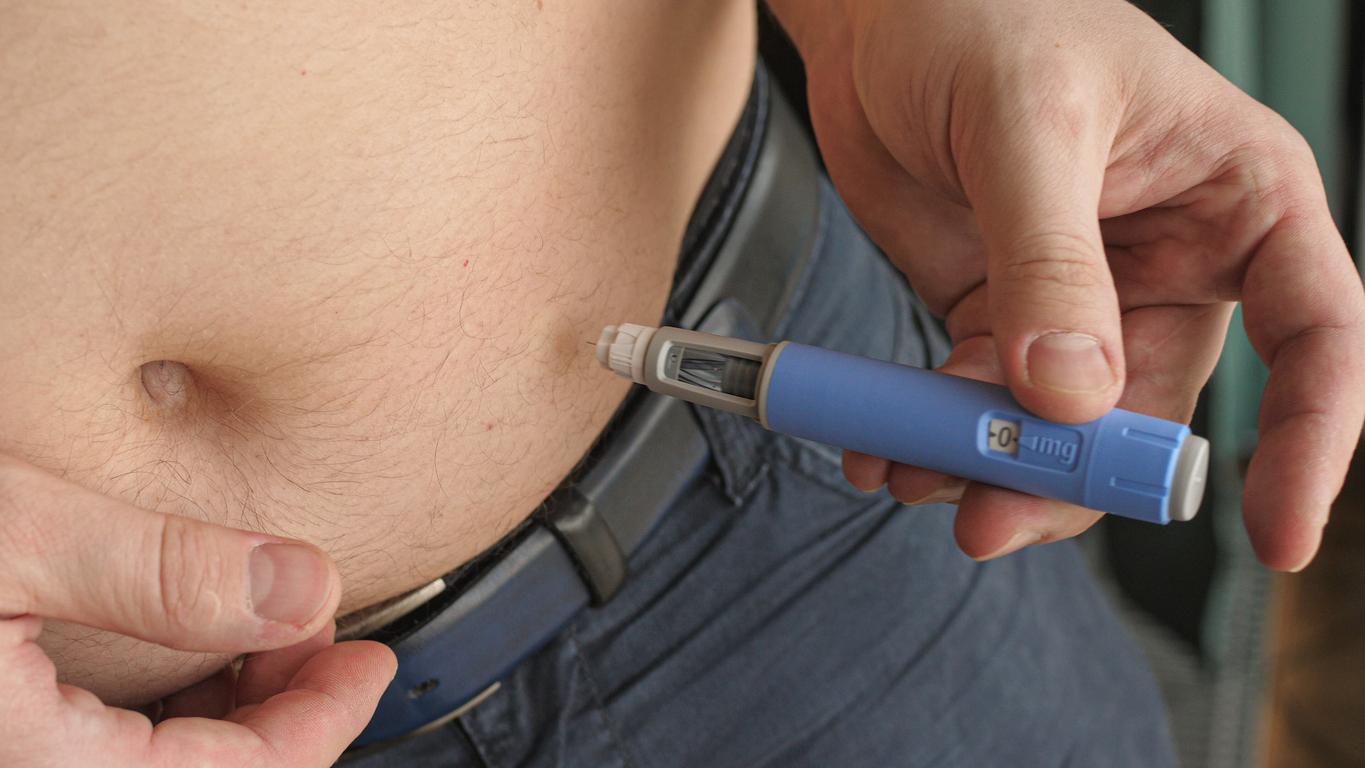Health authorities are considering putting an end to the over-the-counter sale of anti-cold treatments such as Actifed, Dolirhume or Rhinadvil.

- The over-the-counter sale of anti-cold medications could be stopped, according to the ANSM.
- These medications, which contain the molecule pseudoephedrine, raise concerns because they can cause rare but serious side effects.
- If the measure is confirmed the effect would be immediate.
When a cough, body aches and headaches appear, many of us head to the pharmacy to buy anti-cold treatments. But, it may soon no longer be possible to obtain these decongestant medications without a prescription.
The National Medicines Safety Agency (ANSM) is considering putting an end to over-the-counter access to these products which it considers dangerous.
Anti-cold treatment: the end of over-the-counter sales in question
It was in an email sent to the AFP press agency on November 21, 2024 that the ANSM announced its project. “The delivery of these medications without a medical prescription no longer appears appropriate”she explains. Health authorities added that they were considering listing cold medications. This measure would target all products of the pseudoephedrine molecule and would lead to a halt to the over-the-counter sale of anti-cold treatments available in the form of tablets or nasal spray.
The decision would take effect immediately if confirmed. The main medicines affected by the latter would, for example, be the widely consumed ones: Actifed Rhume, Dolirhume, Humex Rhume, Nurofen Rhume or even Rhinadvil Rhume.

Anti-cold medication: rare but serious side effects
Pseudoephedrine-based vasoconstrictors fighting the common cold have raised many concerns among health professionals and health authorities for several years. The reason? Their side effects are rare, but potentially serious, such as myocardial infarction and stroke.
In October last year, the ANSM had already expressed its concerns and renewed its warning against these drugs, noting that: “Myocardial infarctions and strokes may occur after use of vasoconstrictor medications (pseudoephedrine) intended to relieve cold symptoms. The risk is very low, but these events can occur regardless of the dose and duration of treatment. treatment”.

















